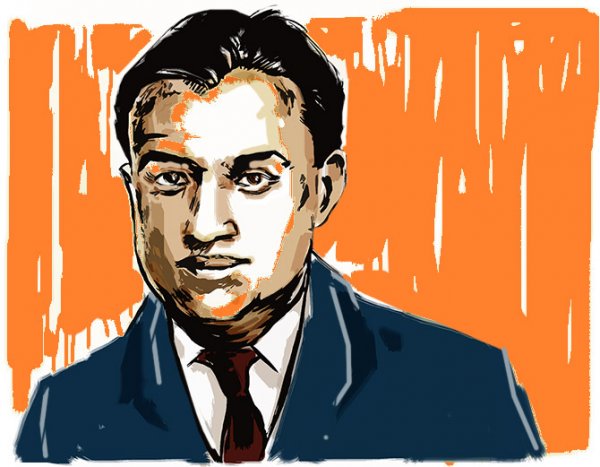prasad1
Active member
 There are not many people who will tick the following boxes:
There are not many people who will tick the following boxes:A close aide of Netaji.
A close associate of Jawaharlal Nehru.
Someone who Indira Gandhi relied on and trusted.
But add to the above list a person who was also an Indian journalist in Europe in the tumultuous days preceding and during the Second World War, there is really no one, one can pinpoint.
But then, Arathil Candoth Narayanan Nambiar is not a name that will ring a bell, simply for the fact that for the most part, he operated in the shadows where statecraft and secrecy overlap, and he preferred to live in the shadow, maintain a low profile.
In April 1980, when Vappala Balachandran, a senior intelligence officer who was special secretary, Cabinet Secretariat, was assigned the task of keeping a discreet eye on the health and welfare of Nambiar -- Nanu to friends -- he had no idea that the meeting will form a solid bond that will last beyond the latter's death six years later.
Nambiar's life was extraordinary, to say the least, intricately linked as it was to momentous turns in history, when he was both a player and an observer.
Having lived in Europe for five decades, he was witness to and entangled with what we today -- with the benefit of hindsight -- call recent history.
Yet, even as the two men spent time together, discussing, dissecting the days bygone, and the characters that shaped the world we inhabit today, Balachandran would realise only 15 years later that what he had been told was not the complete picture.
Or that unravelling it would become a mission for him.
"I came across startling details during my long research into his life first by reading published literature and then scouring through declassified secret intelligence records."
A Life in Shadow, The Secret Story of CAN Nambiar, then, is the outcome of the long and hard pursuit by Balachandran to fill in the gaps in Nanu's life. His wonder at what he managed to find out about Nambiar's remarkable life comes through in the book, published recently by Roli Books.
"Mr Nambiar was a treasure trove of information on European history, governance, security and power play of European nations from the 1920s to the 1980s. This helped me in learning more about the turbulent history of that region," Balachandran tells Saisuresh Sivaswamy/Rediff.com in a revealing interview about a lesser known Indian.
http://www.rediff.com/news/interview/a-remarkable-indian-you-never-heard-of/20170308.htm
